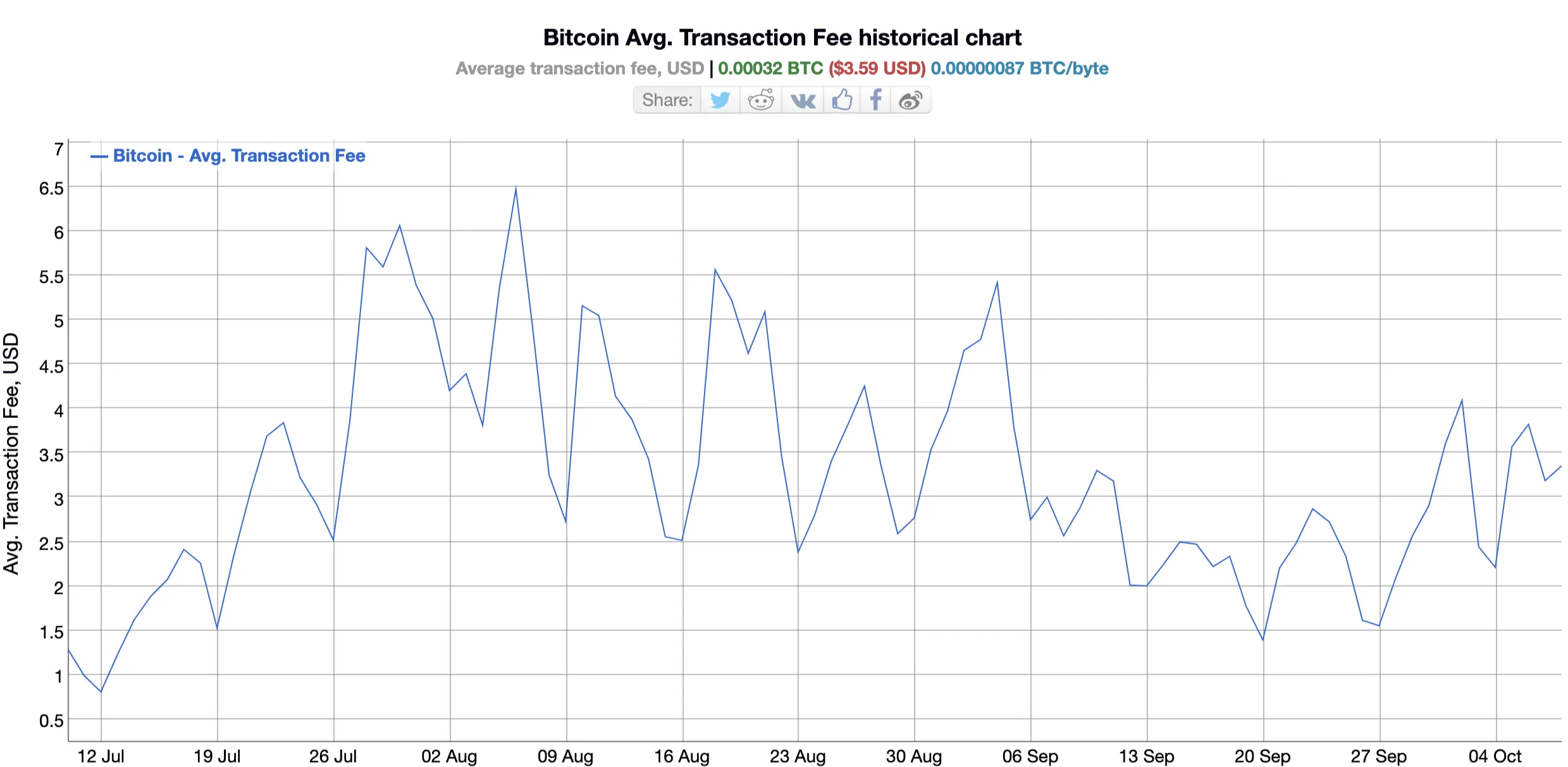In brief
- A Spanish cryptocurrency company is sending Spanish legislators Bitcoin.
- The project is similar to Crypto for Congress, an educational campaign to teach US lawmakers about digital currency.
- The Spanish campaign may have sent too little to be useful.
Earlier this week, the Chamber of Digital Commerce sent every US representative and senator $50 in Bitcoin. Now, Spanish cryptocurrency advocates are getting in on the act.
Spanish newspaper ABC reported yesterday that all 350 deputies in Spain’s lower house, the Congress of Deputies, are due to receive 1 euro worth of Bitcoin as part of a campaign by tokenized education technology platform Tutellus and crypto news site Observatorio Blockchain.
The idea is similar to a US campaign called Crypto for Congress, although it’s unclear whether that’s a coincidence.
In that campaign, announced on Monday, cryptocurrency advocacy group Chamber of Digital Commerce announced it was sending $50 worth of Bitcoin to each US member of Congress. The idea wasn’t to bribe them—$50 barely buys a round of beers in DC—but to help lawmakers understand how cryptocurrency actually works. The money went along with a suite of educational training tools on Bitcoin.
Similarly, Tutellus founder Miguel Caballero explained, "Probably many of your Lordships already have some experience in the use of cryptocurrencies, but we would like for those who are not yet familiar with the new money to have the opportunity to become familiar with it," related ABC.
That’s increasingly important for Eurozone member Spain. Christine Lagarde, president of the European Central Bank, said last week that the ECB “should be prepared to issue a digital euro.” The announcement corresponded with the release of a comprehensive report on what digital euro adoption would look like; public consultations begin October 12.
"With a digital euro on the near horizon, we believe that our deputies, as citizens' representatives, should be aware of the benefits and risks of cryptocurrencies," said Caballero.
To be fair, central bank digital currencies are a different beast than Bitcoin, which is not state-issued. But they both require regulators and legislators to think through liability related to storage and third-party custody, as a recent Bank of Canada report highlighted.
And Spanish legislators also need to make sure they’re keeping pace with their constituents. Notwithstanding Turkey, Spain has one of the highest rates of cryptocurrency adoption in Europe, at 10%, according to the Statista Global Consumer Survey, compared to 7% in the US.
Chamber of Digital Commerce founder and president Perianne Boring told Decrypt, “While the Chamber of Digital Commerce is not affiliated with this program, we support and encourage blockchain and cryptocurrency educational initiatives for policymakers around the world.”
Yet the Chamber’s campaign, at least at first glance, seems more likely to have an impact on legislators’ attitudes than the Spanish one. $50 of Bitcoin is at least enough to experiment with on trading platforms or use to buy something. However, a single euro’s worth—what Spanish deputies are set to receive—doesn’t even cover the average Bitcoin transaction fee, which is currently above $3.50 (€2.96).

Nonetheless, it might spark curiosity. And who knows? Maybe this is the first step to Spain’s lawmakers embracing Bitcoin Cash.

